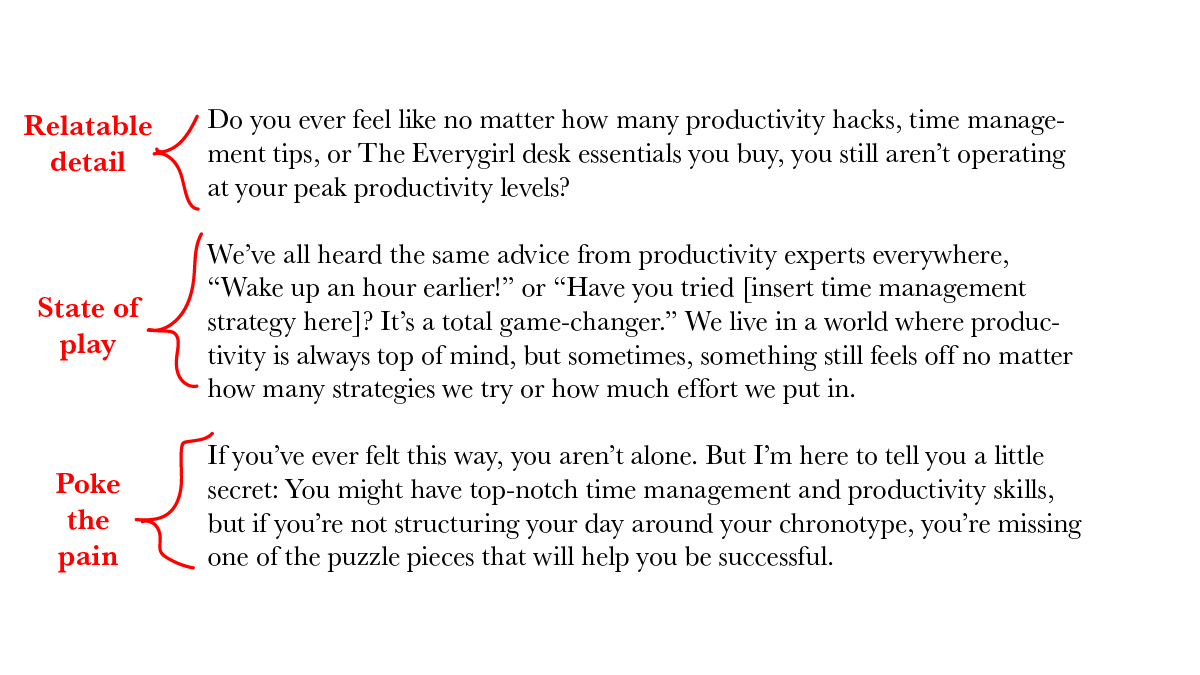Five sons dead.
In the 1860s, the War Department alerted Abraham Lincoln that a Mrs. Bixby had lost FIVE SONS in the civil war.
So he wrote her a sympathy note.
Here's what Lincoln, our best presidential letter-writer, said:
In the 1860s, the War Department alerted Abraham Lincoln that a Mrs. Bixby had lost FIVE SONS in the civil war.
So he wrote her a sympathy note.
Here's what Lincoln, our best presidential letter-writer, said:

Dear Madam,--
I have been shown in the files of the War Department a statement of the Adjutant General of Massachusetts that you are the mother of five sons who have died gloriously on the field of battle.
I have been shown in the files of the War Department a statement of the Adjutant General of Massachusetts that you are the mother of five sons who have died gloriously on the field of battle.
I feel how weak and fruitless must be any word of mine which should attempt to beguile you from the grief of a loss so overwhelming. But I cannot refrain from tendering you the consolation that may be found in the thanks of the Republic they died to save.
I pray that our Heavenly Father may assuage the anguish of your bereavement, and leave you only the cherished memory of the loved and lost, and the solemn pride that must be yours to have laid so costly a sacrifice upon the altar of freedom.
Yours, very sincerely and respectfully,
A. Lincoln
A. Lincoln
I find it funny that he mentioned "weak and fruitless" words. Yet we're still reading this letter today.
Your words aren't weak and fruitless. Today or any day.
#keepwriting
Your words aren't weak and fruitless. Today or any day.
#keepwriting
More on Lincoln's skillz here:
https://twitter.com/3539359032/status/1519723151764213766
• • •
Missing some Tweet in this thread? You can try to
force a refresh

 Read on Twitter
Read on Twitter









